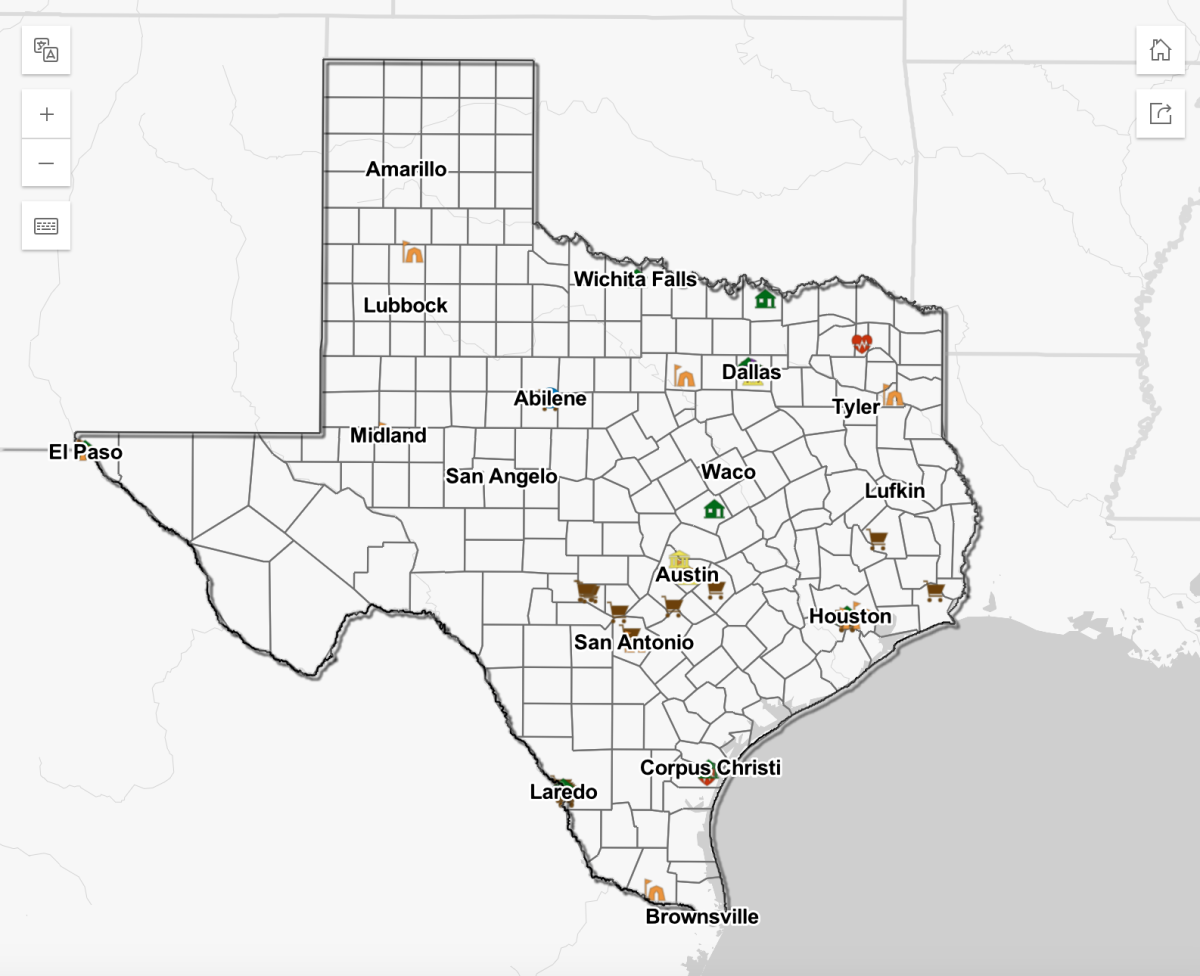A group of lawmakers encouraged higher education leaders to develop ideas to improve state post-secondary education funding systems on Wednesday.
The Joint Interim Committee on Higher Education Formula Funding heard testimonies at the Capitol from the Texas Higher Education Coordinating Board, several University system chancellors and a dozen state university presidents. UT System Chancellor William McRaven and President Gregory Fenves both spoke on behalf of the University at the meeting.
Committee co-chair Kelly Hancock, a Republican senator from _, said the committee’s goal is to develop a system to fund universities based on improved student outcomes, thereby rewarding high-achieving schools. However, Hancock said the best way for these ideas to be developed is not by the Legislature but instead by those directly involved with higher education.
“The answer to those questions and the resolutions to those issues need to come from out there and not up here (at the Capitol),” Hancock said.
Stuart Stedman, a member of the Texas Higher Education Coordinating Board, suggested creating a graduation bonus system that gives four-year universities $500 to $1,000 per student who graduate with a degree.
“The overarching goal … is that by 2030, at least 60 percent of Texans age 25-34 will hold on to a post-secondary degree,” Stedman said. “We believe that the graduation bonus will go a long way toward meeting that goal.”
While discussing the Permanent University Fund, which provides base support to the UT and Texas A&M systems, McRaven said even the $21 billion endowment is not enough to keep the systems afloat and provide everything students need. Together the two systems educate close to 376,000 students each year — 25 percent of the state’s total public higher education students, McRaven said.
Because the University is prohibited from lobbying, Fenves did not express support for any specific kind of new formula funding system for higher education during the panel. However, Fenves said formula funding is an important source of revenue to the University.
“Despite what the criticism and complaints of formula funding are, we feel (this funding) is important for our students in the state of Texas to do the right thing — give a high quality of education to a broad range of students from the state,” Fenves said.
After a new formula funding plan is developed, the committee will have the option to recommend it be filed as a bill during the next legislative session in 2019.




















